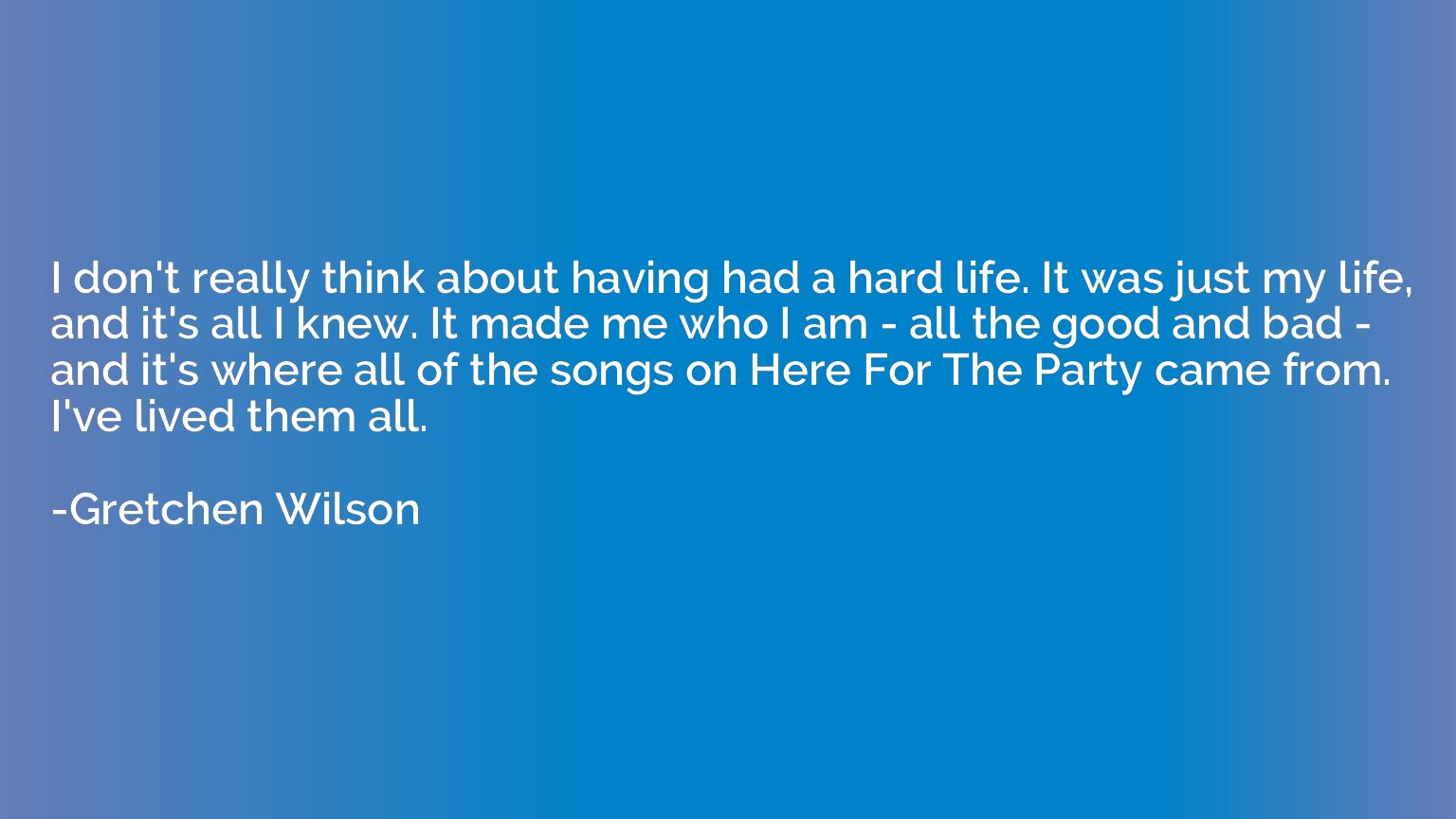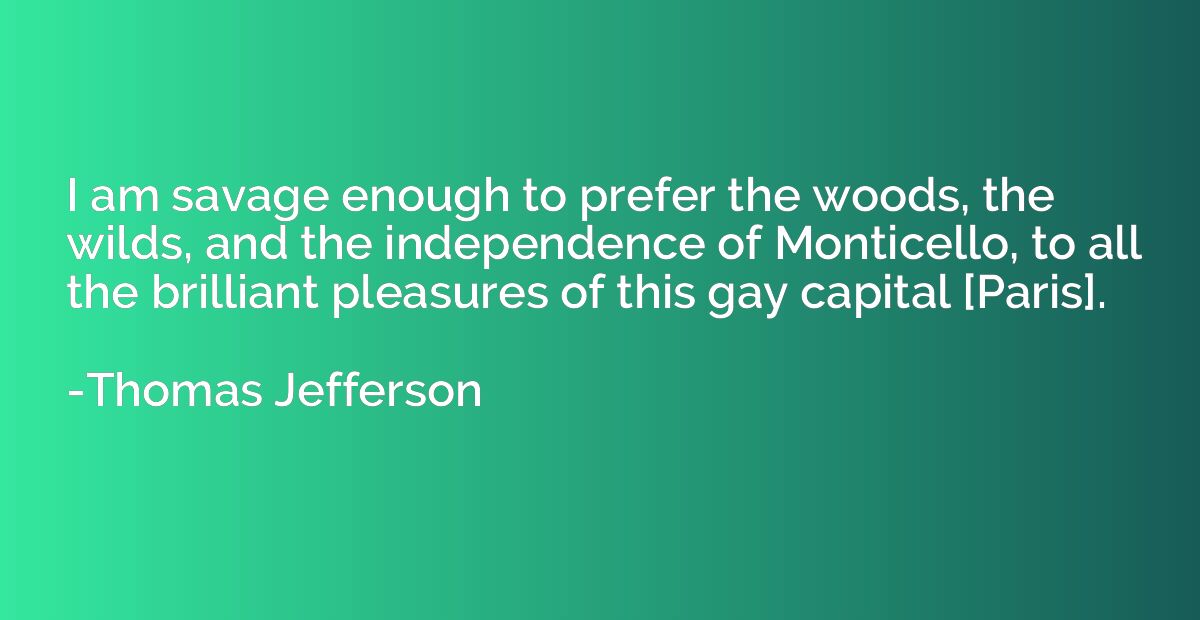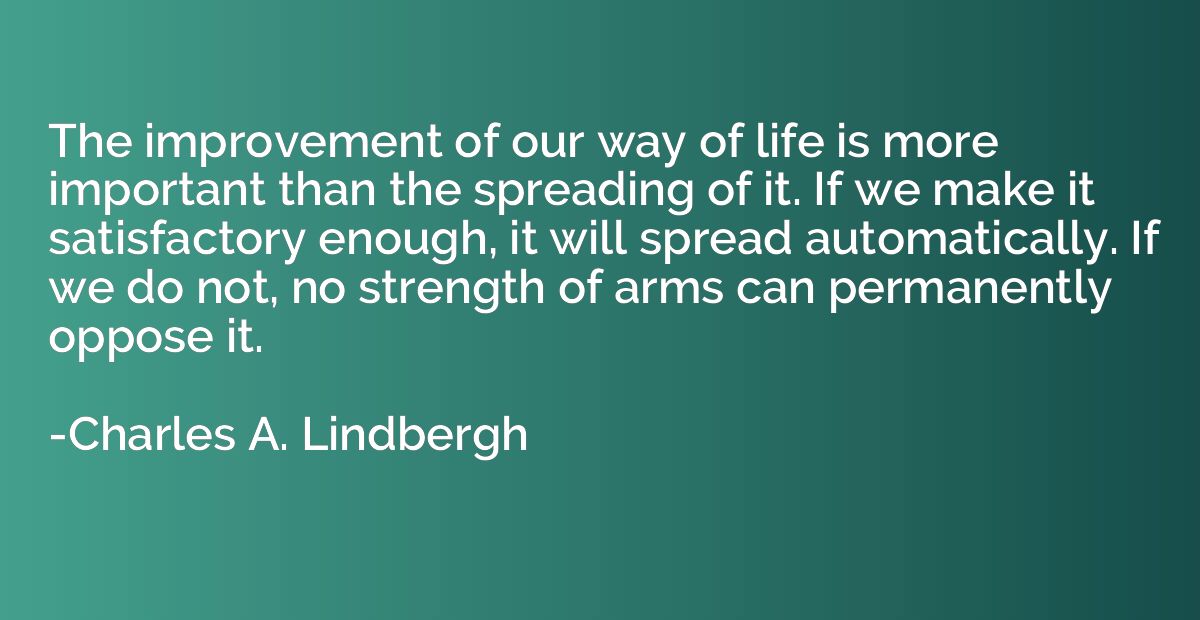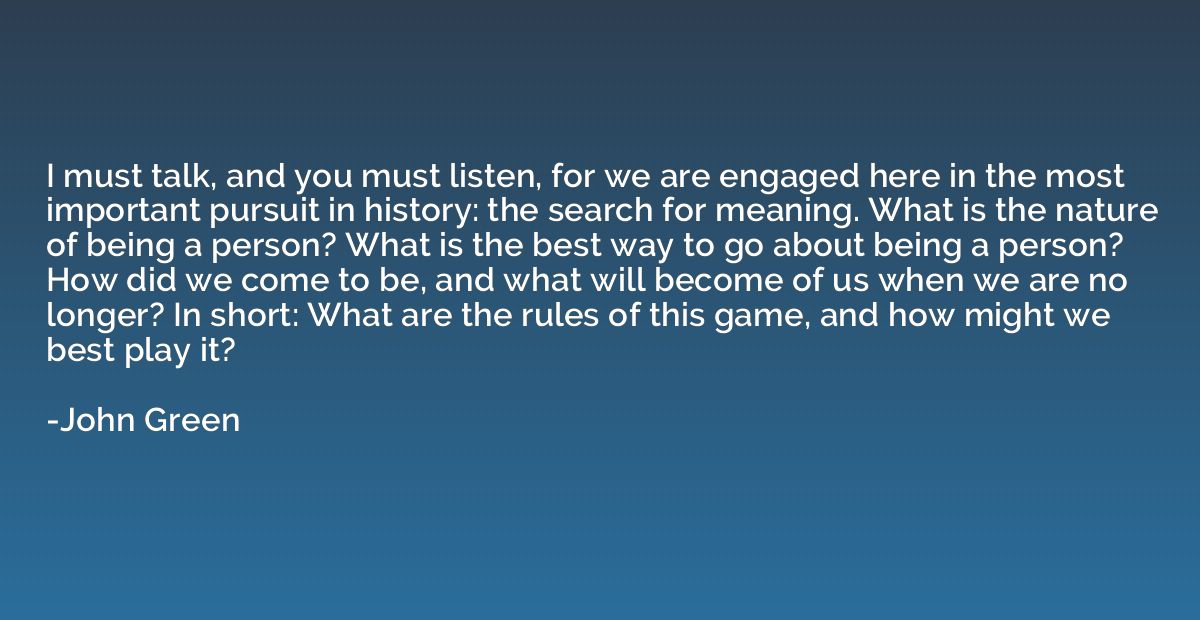Quote by Sir Walter Raleigh
There is nothing exempt from the peril of mutation; the earth, heavens, and whole world is thereunto subject.
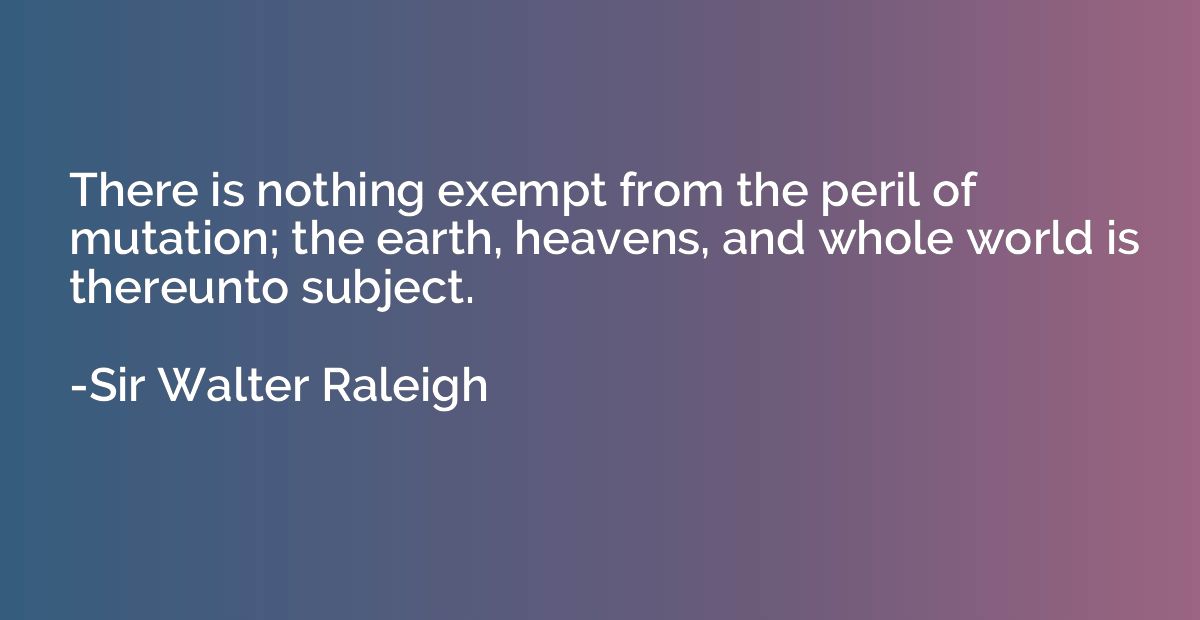
Summary
This quote suggests that everything in the world is susceptible to change and transformation. From the earth to the heavens, nothing is exempt from the constant process of mutation. It implies that change is an inherent quality of existence, and as such, everything is subject to it. The quote highlights the impermanence and transitory nature of all things, emphasizing the ongoing evolution of the world and the inevitability of change in every aspect of life.



